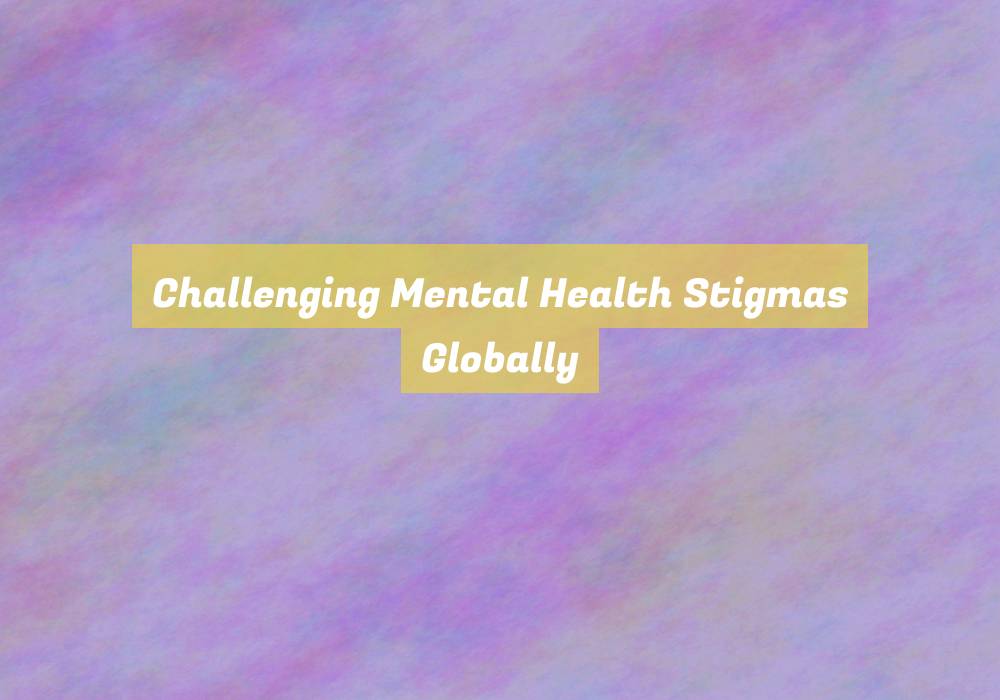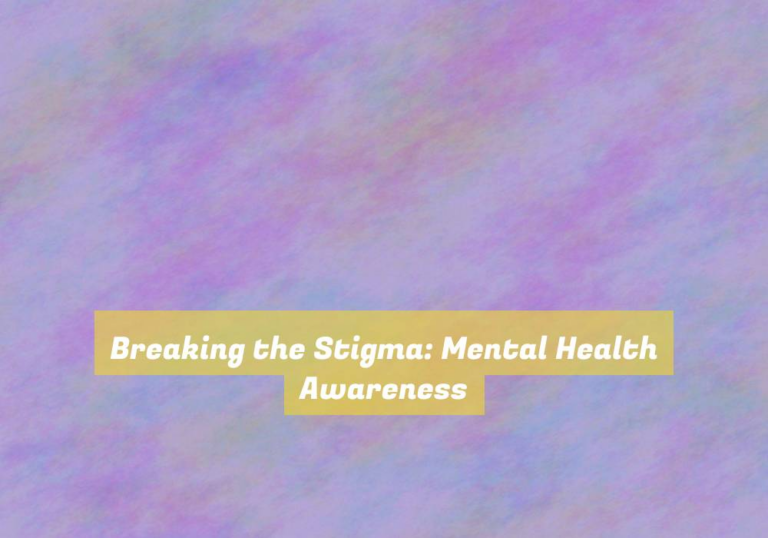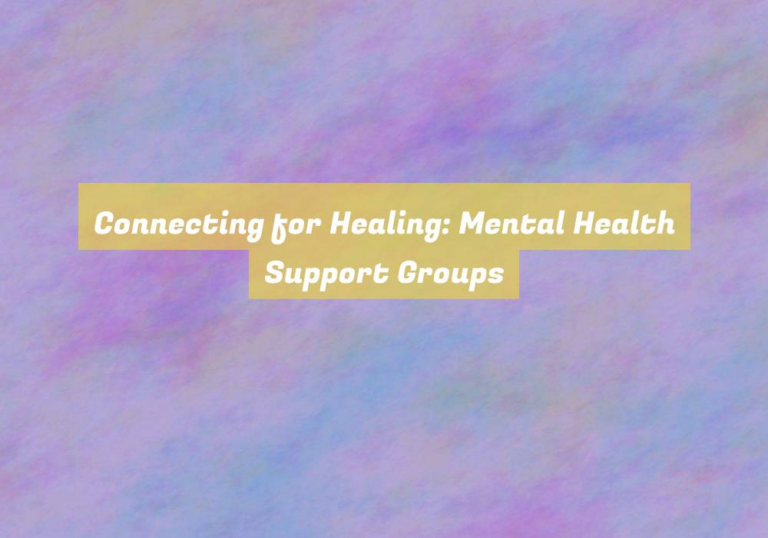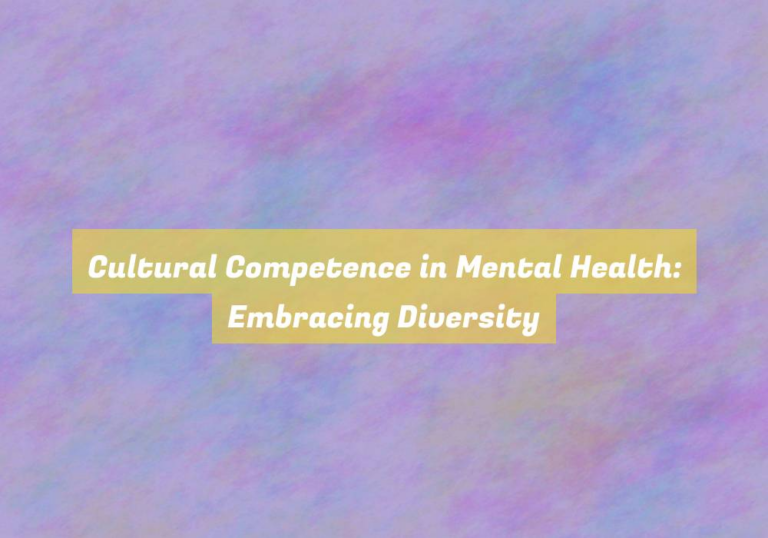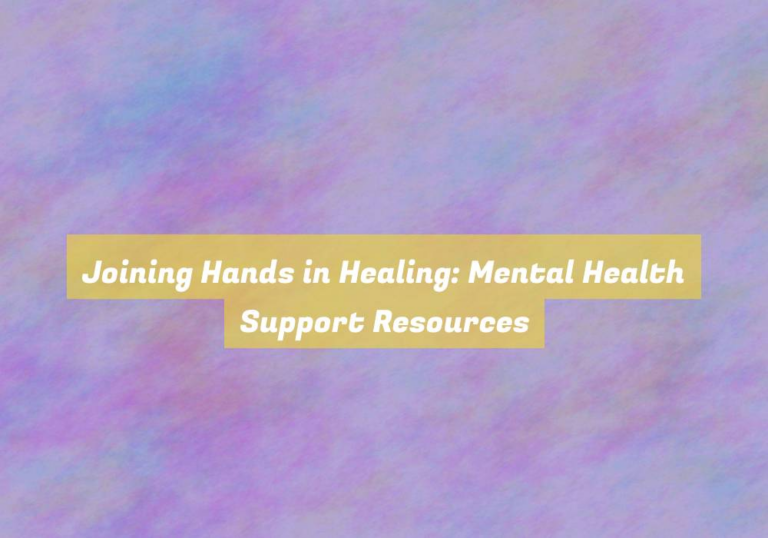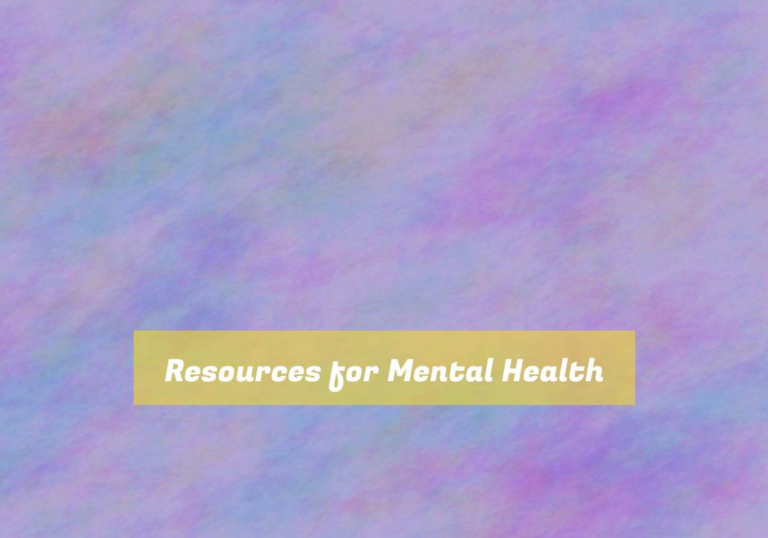Challenging Mental Health Stigmas Globally
You may think that mental health stigmas are slowly fading away, but the reality is that they continue to persist across the globe. Addressing these deeply ingrained beliefs and attitudes requires a concerted effort from individuals, communities, and governments.
As you explore the various strategies and initiatives aimed at challenging these stigmas, youG??ll gain insights into the complex interplay of cultural, social, and political factors that shape perceptions of mental health.
The impact of these stigmas reaches far beyond individual experiences, influencing access to resources, treatment, and support systems. Understanding the scope of this issue is crucial in fostering meaningful change and creating a more inclusive and supportive environment for those affected by mental health challenges.
Global Efforts to Raise Awareness
Global organizations and advocacy groups are actively working to raise awareness about mental health stigmas around the world. By engaging in public campaigns, educational initiatives, and policy advocacy, these entities are striving to dismantle the misconceptions and discrimination associated with mental health conditions. Through targeted efforts, such as social media campaigns and community events, these organizations are reaching out to diverse populations to promote understanding and acceptance of individuals dealing with mental health challenges.
In addition to raising awareness, global organizations are also fostering dialogue and promoting open discussions about mental health. By encouraging open conversations in workplaces, schools, and communities, theyG??re breaking down the barriers of silence and shame that often surround mental health issues. These efforts aim to create supportive environments where individuals feel comfortable seeking help and sharing their experiences without fear of judgment or discrimination.
Furthermore, global organizations are advocating for policies that prioritize mental health support and resources. By collaborating with governments and international agencies, theyG??re pushing for improved access to mental health services, increased funding for research, and the integration of mental health education into public health programs. These efforts are crucial in challenging the stigmatization of mental health and creating a more inclusive and supportive global community.
Impact of Cultural and Social Norms
Cultural and social norms significantly influence perceptions of mental health and contribute to the perpetuation of stigmas in various communities worldwide. In many cultures, mental health issues are viewed as a sign of personal weakness or even spiritual inadequacy, leading to social ostracization and discrimination. The pressure to conform to societal expectations can prevent individuals from seeking help or openly discussing their struggles. Moreover, certain cultural norms may dictate that acknowledging mental health challenges brings shame upon the family, further discouraging individuals from seeking support.
Social norms also play a pivotal role in shaping attitudes towards mental health. For instance, in some communities, thereG??s a prevailing belief that mental health issues should be kept private, hindering open conversations and support networks. Additionally, gender norms can impact mental health perceptions, with men often facing expectations to appear strong and resilient, making it difficult for them to admit vulnerability and seek assistance.
Understanding the influence of cultural and social norms on mental health perceptions is crucial in dismantling stigmas and fostering a more supportive environment for individuals experiencing mental health challenges. Efforts to challenge these norms and promote acceptance and understanding are essential in creating a global culture of mental health awareness and support.
Advocacy and Policy Changes
To create meaningful change in mental health stigmas, advocating for policy changes is essential. By actively engaging in advocacy efforts and pushing for policy reforms, you can contribute to dismantling the barriers that perpetuate mental health stigmas globally.
One crucial aspect of advocacy involves promoting laws and regulations that protect the rights of individuals with mental health conditions. This can include advocating for anti-discrimination laws in the workplace, improved access to mental health services, and the integration of mental health education into school curriculums.
Additionally, participating in grassroots advocacy campaigns and engaging with policymakers can help raise awareness about the impact of stigmas on individuals and communities.
Furthermore, advocating for increased funding for mental health initiatives and research can lead to improved understanding and support for those affected by mental health conditions. By urging policymakers to prioritize mental health as a public health concern, you can contribute to the development of comprehensive mental health policies and programs.
Your advocacy efforts can also focus on promoting culturally sensitive approaches to mental health care and challenging harmful stereotypes through policy changes. Ultimately, by actively participating in advocacy and driving policy changes, you can play a pivotal role in challenging mental health stigmas on a global scale.
Community Support and Education
Transitioning from advocating for policy changes, you can now focus on fostering community support and education to challenge mental health stigmas. ItG??s crucial to engage with local communities and provide them with the necessary tools to understand and support individuals facing mental health challenges.
By organizing workshops, seminars, and support groups, you can create a space for open discussions and education about mental health. Encouraging dialogue within communities helps break down misconceptions and stereotypes, leading to a more supportive environment for those struggling with mental health issues.
Additionally, educating the public about mental health can help dispel myths and reduce stigma. You can collaborate with schools, workplaces, and community centers to implement mental health awareness programs. These initiatives can include teaching about the signs and symptoms of mental illness, promoting self-care and stress management, and providing resources for seeking help.
Conclusion
ItG??s time to break the silence and challenge mental health stigmas worldwide.
By raising awareness, addressing cultural and social norms, advocating for policy changes, and providing community support and education, we can make a real difference.
ItG??s up to all of us to stand up against the stigma and create a more supportive and understanding environment for those struggling with mental health issues.
Together, we can make a positive impact on a global scale.

